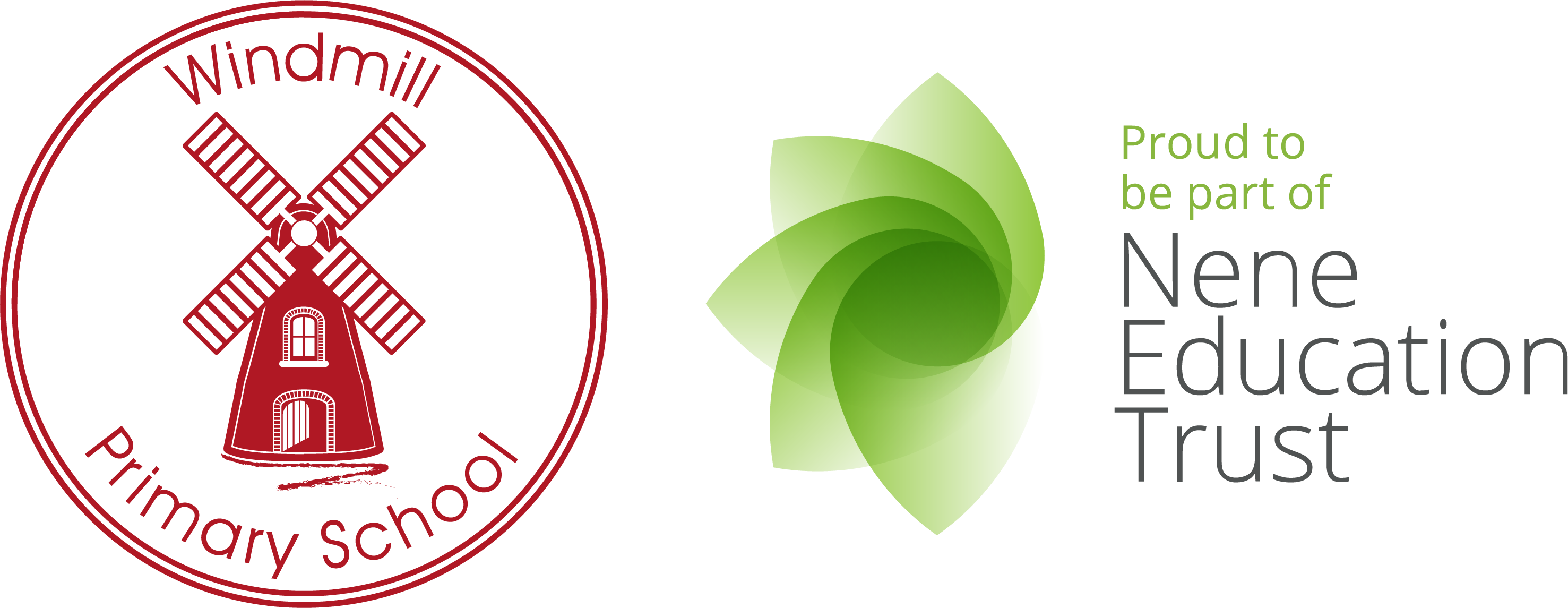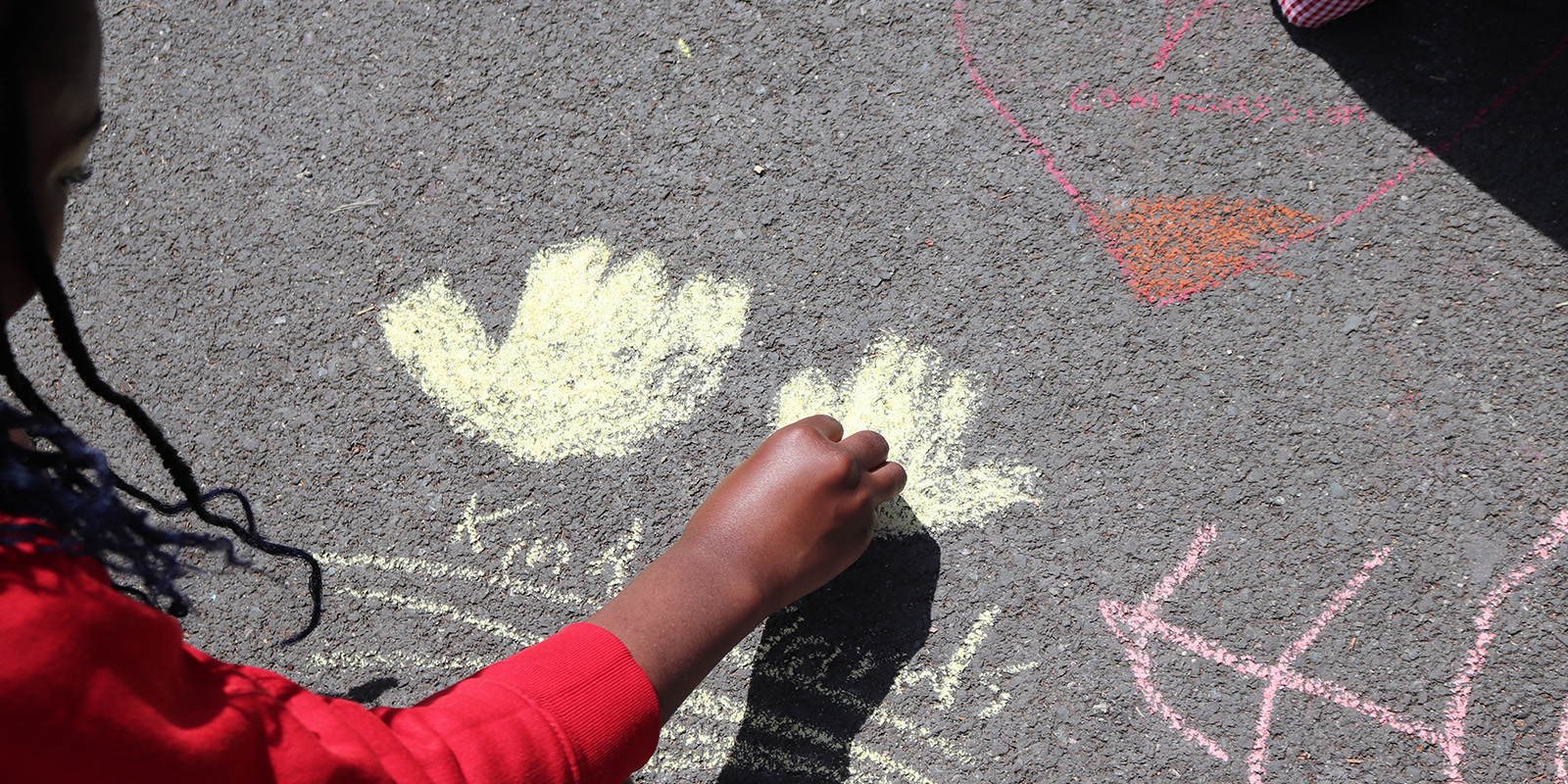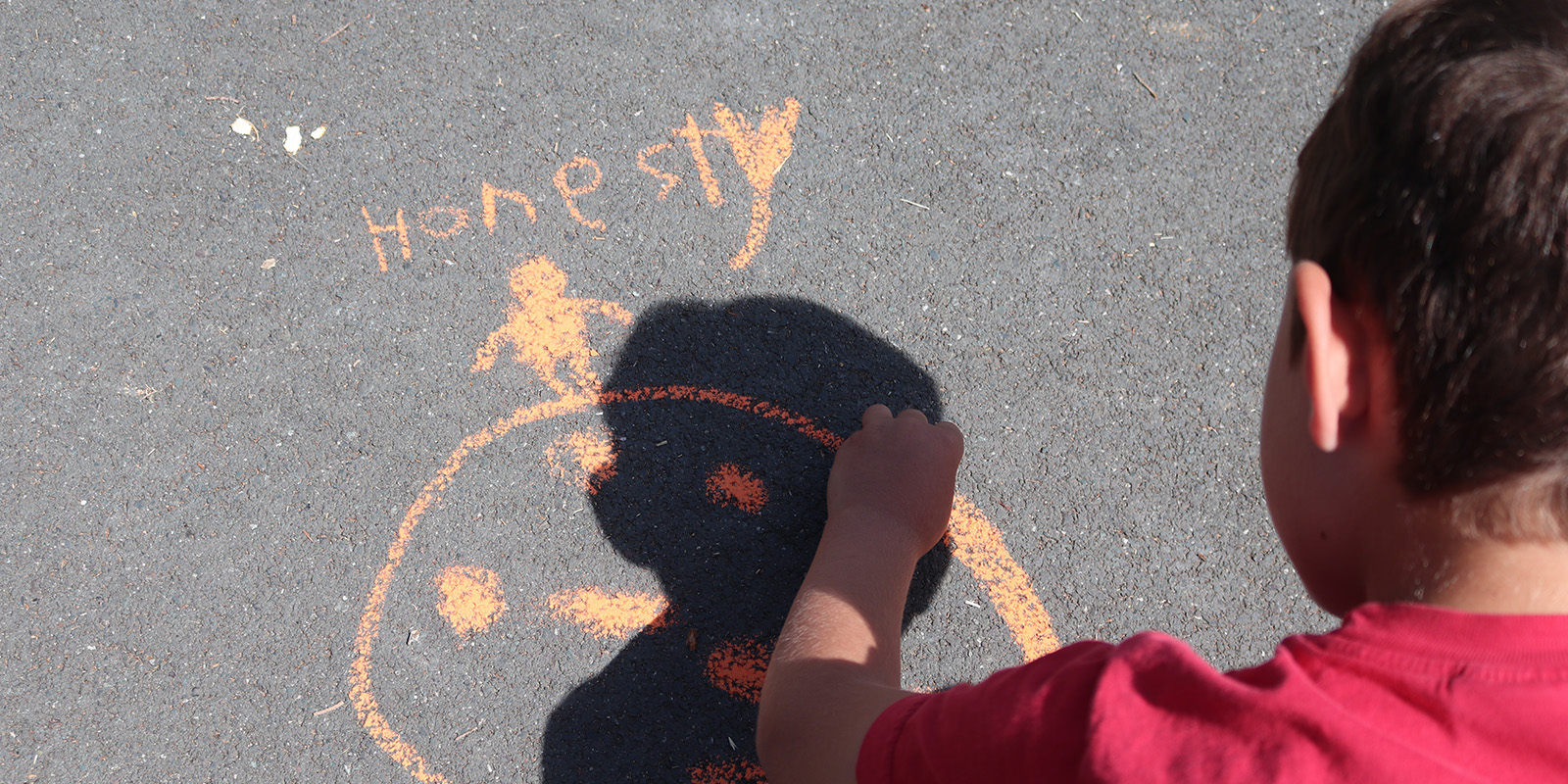Technology has become a fundamental part of our lives. In school it not only enables us to deliver excellent learning and teaching but also acts as a platform for collaboration and productivity. We have witnessed first-hand the positive impact it can have, putting pupils at the heart of their learning by increasing engagement, developing curiosity and preparing them for their future adult life. With this great power comes great responsibility. Therefore, it is vitally important that we teach how to remain safe in a digital world. We do this regularly in computing lessons, PHSE and immersion days, where children experience a range of focussed learning activities.
We use a variety of platforms and resources to support the learning and educational experience of our children. These platforms include:
- Tapestry (Foundation)
- Oxford Owl (Year 1 & 2)
- Times Tables Rock Stars – whole school
- Spelling Shed – whole school.
It is essential that teachers and families work together, in partnership to manage this access to technology, and that parents/carers take a keen interest in what their children are accessing in order to help each pupil stay safe online.
At times children may occasionally find themselves with unsupervised access to the internet at home. Keeping your child safe means making them aware of the risks. Your child also needs to be aware that they have a trusted adult they can talk to if they see something online that makes them feel uncomfortable. Should you require any support or information, please do reach out to someone at our school. Please see the guidance below to help ensure your child is safe.
Guidance for Parents and Carers
Most social media sites like Instagram, Twitter, TikTok, Snapchat and Facebook have a minimum age limit of 13, WhatsApp is 16, therefore our pupils should not be accessing these apps. Young children may not fully appreciate the importance of online safety and may be inclined to post private information about themselves (such as their name, contact details, photographs and /or personal details of friends or family) online without recognising the implications. They may also be tempted to respond to messages that attempt to deceive them into giving out information (such as bank details). These scams or phishing messages are sometimes hard to distinguish from legitimate messages.
To keep all members of our community safe it is important that parents/guardians never release personal information about children (where they can be found, locations and ages), or information/photographs of other children from the school community on any of these sites.
It is also important that as a parent or carer you are a part of our wider community. What you write or post in the public domain matters. We ask all families to use social media in a professional and responsible manner at all times.
To that end, please note that we have a zero-tolerance approach to social media and online comments about our school. We ask that if you have a concern or complaint concerning our school please speak, at the earliest opportunity to a member of Windmill Staff, rather than turning straight to social media.
Tips and useful links to help you to keep your children safe online:
Active supervision of your child at home will help maintain a safe environment for them to participate in online activities. Take an interest in what your child is doing on the internet and initiate conversations with them about their activities online. Find out what sites they visit and what they love about them, if they know you understand they are more likely to come to you if they have any problems.
Technology provides immense opportunities for personal development and learning, but it’s important to ensure that appropriate measures are taken to protect children from inappropriate material online and misuse of online content. For primary children, it is important to keep internet use in family areas so you can see the sites your child is using and be there for them if they stumble across something they don’t want to see.
Watch Thinkuknow films and cartoons with your child.
The Thinkuknow site has films, games and advice for children from five to 16.
Encourage your child to go online and explore!
There is a wealth of age-appropriate sites online for your children. Encourage them to use sites that are fun, educational and that will help them to learn whilst developing computer skills.
Keep up-to-date with your child’s development online.
Children grow up fast and they will be growing in confidence and learning new skills daily. It’s important that as your child learns more, so do you.
Set boundaries in the online world just as you would in the real world.
Think about what they might see, what they share, who they talk to and how long they spend online. It is important to discuss boundaries at a young age to develop the tools and skills children need to enjoy their time online.
Encourage your child to be careful when making new friends online — they might not be who they say they are!
Make it clear to your child that they should never arrange to meet an online friend that they have never met before, unless a trusted adult is with them.
Make sure you’re aware of the devices that your child uses connect to the internet, such as their phone or games console. Review security settings and recommend your child set their any profiles to private, so they can control who sees the information they post.
Use parental controls on devices that link to the internet, such as the TV, laptops, computers, games consoles and mobile phones.
Parental controls are not just about locking and blocking, they are a tool to help you set appropriate boundaries as your child grows and develops. They are not the answer to your child’s online safety, but they are a good start and they are not as difficult to install as you might think. Service providers are working hard to make them simple, effective and user friendly. Find your service provider and learn how to set your controls
Useful links:
A handy guide for parents of primary school age children A place for 5-7's to explore online and learn about e-safety
A place for 8-10's to explore online and learn about e-safety The BBC's interactive site for e-safety
Lots of games and quizzes to play
If you have any further questions or concerns please do talk to your child's teacher as soon as possible.
Other contacts / links
NSPCC: help, advice or concerns about the safety of a child: 0808 800 5000 NSPCC
National Domestic Violence Helpline: 0808 2000 247 National Domestic Violence Helpline
Women’s Aid: Women’s Aid
Mind: Mental Health Charity: Mind
Northampton and District Mind: 01604 634310
CEOP Child Exploitation and On-line Protection Centre: CEOP Child Exploitation
Keeping children safe in education_Sep2020
Parents - Online safety gaming and social media
Online Safety Parent Information.
Children ICT and online safety
Early Help- A guide for parents and carers.
And finally, do look out for our regular online safety newsletter to parents and carers.




